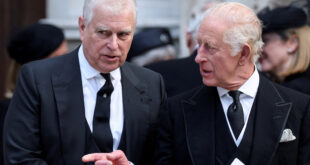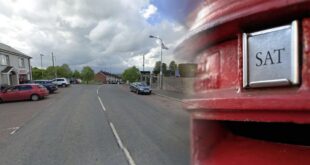The headline figure indicates that 55% of respondents agree the monarchy is good for Britain, with 30% agreeing strongly, 18% disagreeing while 26% are uncertain.
The distinctive feature is in Scotland where support for the monarchy stands at 45% and 36% prefer a republic with an elected head of state. That Scotland is more sceptical than other UK nations about monarchy has been apparent from several other polls over recent years. Indeed, in this March 2023 analysis, no less than 53 of the top 100 sceptical seats on monarchy are north of the Border, a remarkable finding given that there are only 59 constituencies in all in Scotland.

Exactly when this pattern first emerged cannot easily be determined since opinion polls on Scotland’s attitudes to monarchy do not reach back far enough in time to provide the necessary data. Certainly press reports on the coronation celebrations of 1953 suggest that they were just as popular and enjoyed in Scotland as in other parts of the UK.
This was a time of course when the SNP was more of a sect than a potent political force and independence had not yet become a national cause but remained a peculiar eccentricity with a tiny number of followers.
One important piece of evidence in the 2023 data might provide a route to explanation of later Scottish distinctiveness in attitudes to royalty. The analysis showed that monarchists are much more likely to be Conservatives in the UK with 75% in favour of royalty and 9% against. Looking back to the 1950s, Scotland was little different from the rest of the UK in the appeal of the two big parties of that era. Indeed in 1959, the Conservatives won an overall majority in Scotland in the General Election of that year.
READ MORE: Local election results suggest Labour need SNP to form government
Crucially however, that was the high water mark of Tory popularity north of the Border.
It should also be remembered that monarchy is a British institution and Britishness, while having continuing appeal in Scotland, has been challenged by nationalism and the rise of a much stronger sense of “cultural” Scottishness.
A Panelbase poll in June 2021 reported, for instance, that among those backing Scottish independence, only 26% wanted a monarchy while 60% supported a republic. Equally, only a quarter of those who claim to be Scottish and not British wanted the Head of State to be a monarch. Unionists, on the other hand, were much more sympathetic to monarchy.
The distinctive Scottish attitudes to royalty within the UK are likely therefore to be largely explained over the last 60 years or so by a movement to the moderate left in party loyalties, erosion of the conservative vote, the increase in a sense of Scottishness in national identity, the rise of nationalism and the continuing prominence of the Scottish question in politics.
The late Elizabeth gained respect from both unionists and nationalists partly because,unlike some recent UK prime ministers, she recognised that Scotland was a historic nation and publicly articulated that sentiment. Her son would be advised to do likewise if he is to continue to secure his northern kingdom.



